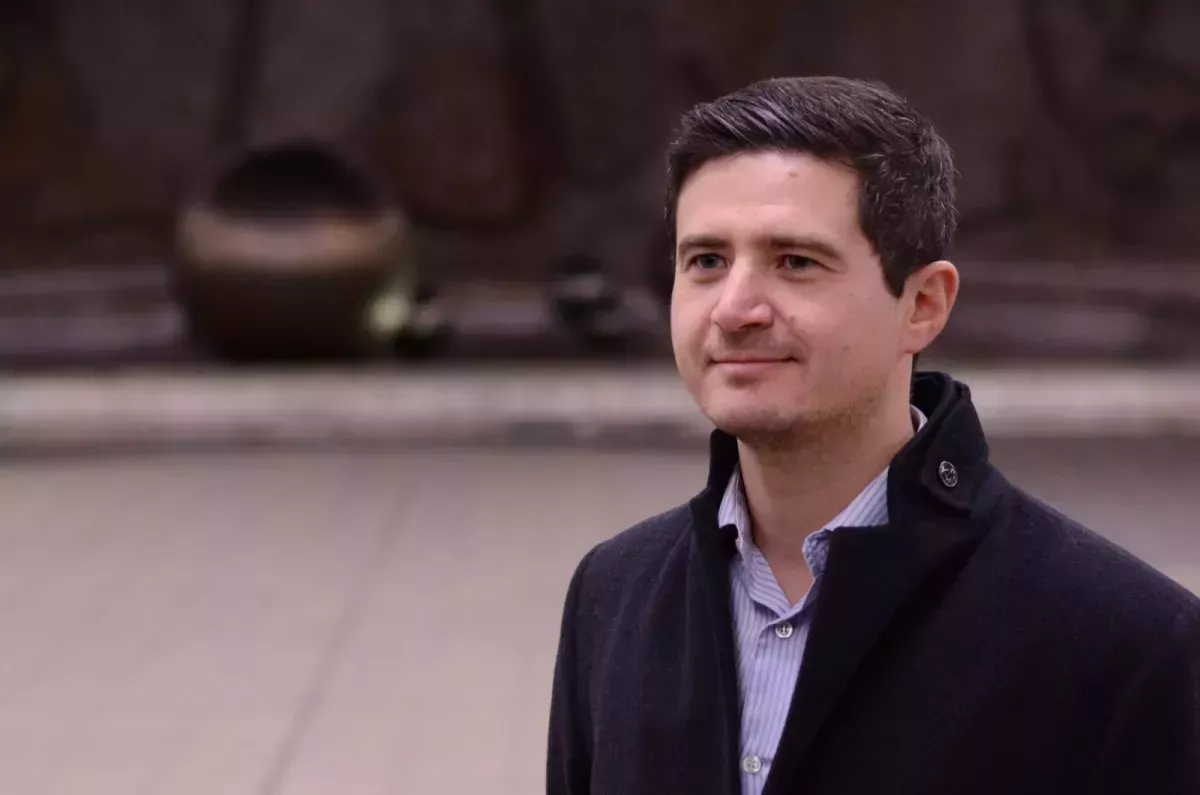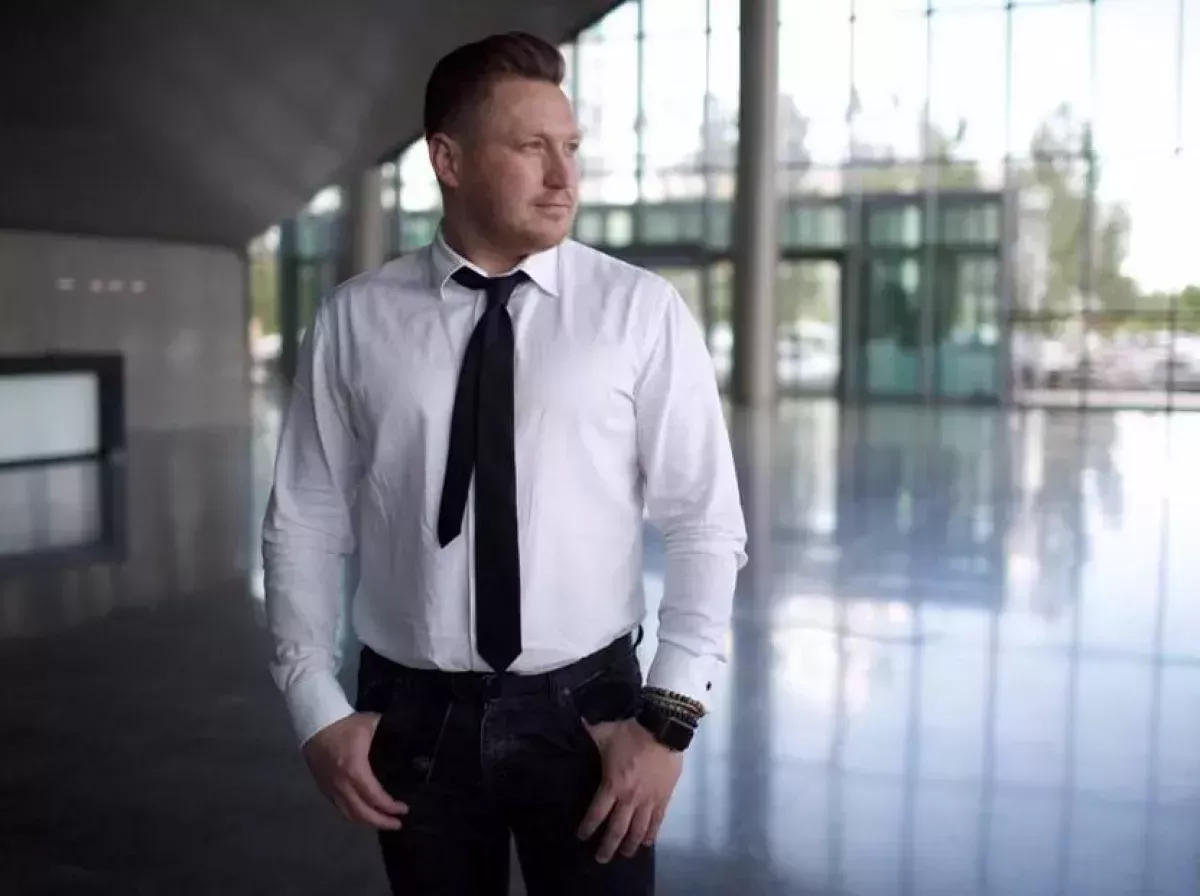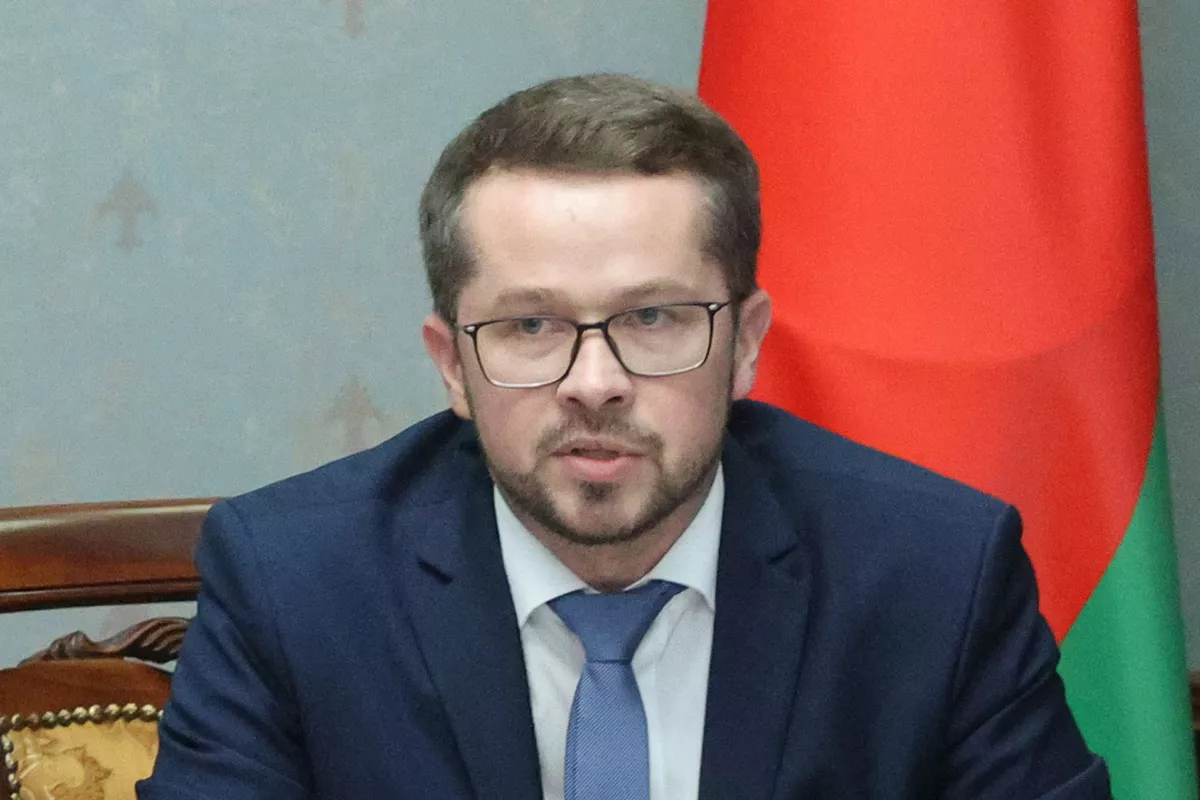Baku and Minsk: partnership without pauses Expert opinions on Caliber.Az
Strong friendly ties between Belarus and Azerbaijan have gained new momentum, as evidenced by the visit of the Belarusian Deputy Prime Minister to Baku to participate in the 15th meeting of the Joint Intergovernmental Commission on Economic Cooperation between the two countries. The event was co-chaired by the deputy prime ministers from both sides: Samir Sharifov for Azerbaijan and Natalia Petkevich for Belarus.
In addition, the Belarusian Deputy Prime Minister held a meeting with Azerbaijani Prime Minister Ali Asadov, during which both sides expressed satisfaction with the comprehensive development of bilateral relations, highlighting the active dialogue and joint efforts of the leaders of both countries in driving this progress.
Belarusian experts and political analysts shared their views with Caliber.Az on the outcomes of Deputy Prime Minister Natalia Petkevich’s visit and the potential for cooperation between Baku and Minsk.

The chief expert of the Centre for Analytical Forecasting, Alexey Chernov, believes that the results of the Belarusian Deputy Prime Minister’s visit to Baku reflect a progressive dynamic and growing development of relations between the two countries.
“The signed joint protocol on expanding economic cooperation between Azerbaijan and Belarus, which includes commitments to implement new projects and coordinate the activities of joint working groups in trade, mechanical engineering, the agro-industrial sector, IT, energy, culture, sports, and other areas, reflects the goals and objectives set out in the Cooperation Roadmap between our countries for 2024–2025. It is worth noting that some sectors also have their own specific roadmaps. As Natalia Petkevich stated in her speech at the 15th meeting of the Joint Intergovernmental Commission, today relations between the two states are developing upwards across all spheres. In other words, progress is being observed in a wide range of areas, and, according to several Belarusian analysts, Azerbaijani-Belarusian ties are among the most productive in the CIS.
And this is no coincidence: the strong cooperation between Baku and Minsk has not been built in a single day, but over the past twenty years, and it has never lost its momentum—on the contrary, it has steadily accelerated. There have been no downturns or turbulence, such as those Minsk experienced with some other post-Soviet countries. The collaboration between the two states in mechanical engineering, the agro-industrial sector, and the military field is perhaps among the most successful—Azerbaijan and Belarus have made noticeable progress compared to other Commonwealth countries. In this regard, the stability and commitment to constructive development of bilateral ties are certainly exemplary for many regional states, even though the political positions of the two republics may differ,” said Chernov.

Meanwhile, political analyst Borislav Osinchuk believes that when it comes to the most significant trends in economic cooperation between Baku and Minsk, the focus is undoubtedly on the mechanical engineering sector and the introduction of technologies in agriculture. Among the newer areas of collaboration, he highlights pharmaceuticals as well as youth policy and sports.
“Today, at the Ganja Automobile Plant, agricultural machinery and special-purpose equipment are being assembled jointly with the Belarusian side. Belarus has long been actively sharing its expertise in the agricultural sector—for example, in the liberated Aghdam district, in the village of Gizil Kangarli, a joint agro-town project with Belarus is underway. The master plan has already been approved, and a working group has been formed to create an agro-production cluster.
Belarusian technologies are also being actively introduced into Azerbaijan’s pharmaceutical sector, while cooperation is expanding extensively in culture, education, sports, and youth policy, where there are particularly many projects—student exchanges, implementation of diverse youth programmes, including those utilising artificial intelligence. In addition, joint scientific research projects, as well as cultural and educational initiatives, are being prepared for implementation,” said Osinchuk.

In turn, Oleg Leshenyuk, Director of the Center for International Studies at the Faculty of International Relations of Belarusian State University, Deputy Dean for International Affairs at the Faculty, and an expert of the Permanent Commission of the CIS Interparliamentary Assembly, noted that during Natalia Petkevich’s visit, the results and achievements of cooperation in industry, agriculture, mechanical engineering, pharmaceuticals, vocational education, transport, and trade were discussed, and prospects for its expansion were outlined.
“Our cooperation is becoming broader and more extensive with each passing year. Belarus and Azerbaijan are increasingly turning to a regional framework, within which new projects are being implemented. Minsk is ready to share its experience and knowledge to aid in the restoration of liberated Azerbaijani territories, in particular through project work on creating an agro-town with full accompanying agro-industrial infrastructure. In addition, the two countries provide mutual support within the frameworks of international organisations,” the political analyst said.
According to the expert, relations between Belarus and Azerbaijan are built on mutual respect and the long-standing friendship of their peoples, characterised by a high level of strategic partnership. Baku and Minsk maintain close, ongoing cooperation to coordinate measures for developing Azerbaijani-Belarusian interaction and implement new projects, which is also reflected in trade turnover, which grew by 42% in 2024, reaching $506 million.
“Belarus and Azerbaijan already have several industrial cooperation projects, including elevator production, tractor assembly, assembly of fire-rescue equipment and machinery based on MAZ chassis, and joint production of veterinary medicines. There are also discussions about establishing joint pharmaceutical production, with potential future development in the manufacture of refrigerators and household appliances,” Leshenyuk concluded.








